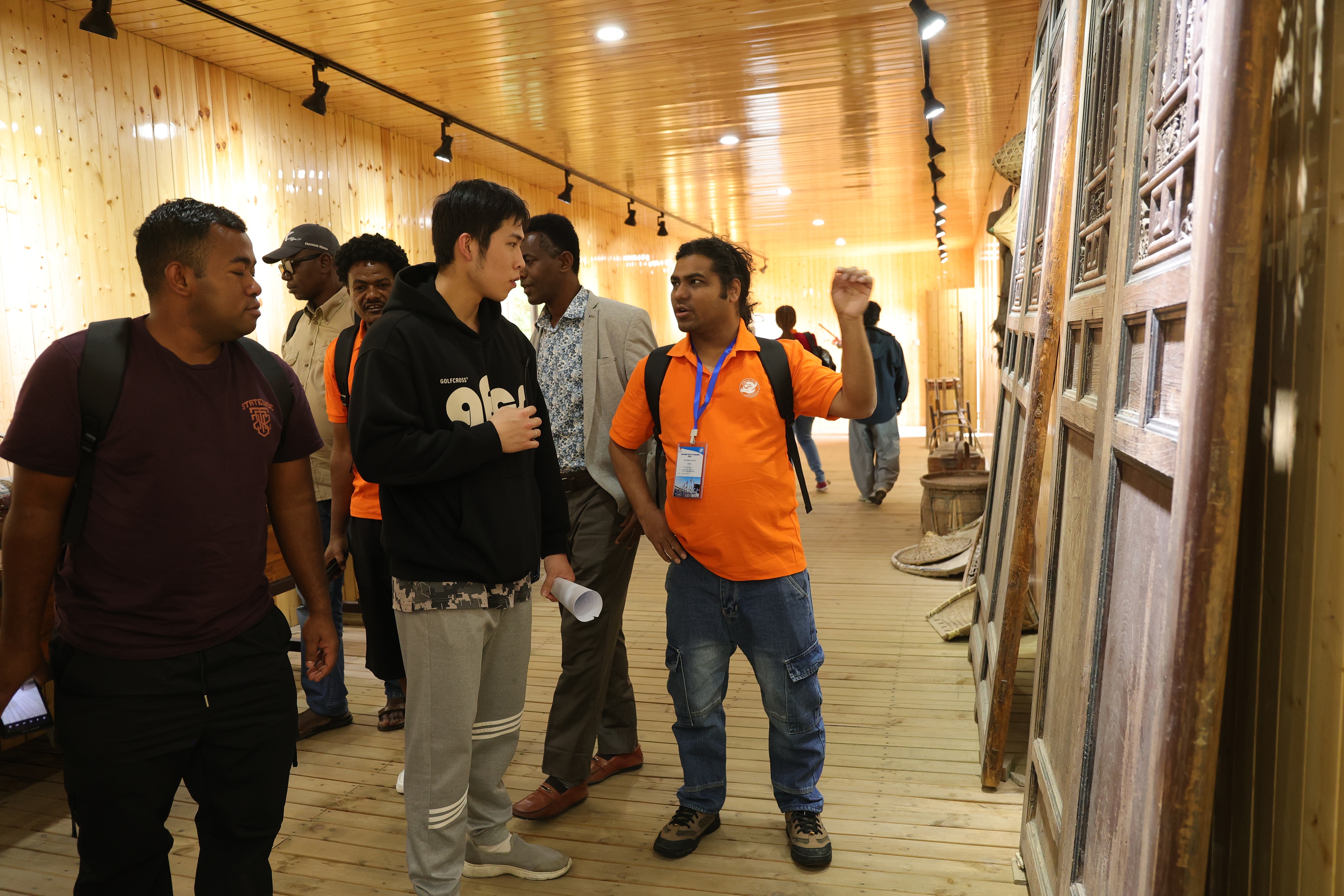
Kathmandu, March 27
Talks between Nepali and Indian officials on the maximum amount of old notes than a Nepali citizen can exchange for news ones have ended inconclusively a day after RBI officials proposed a ceiling way below than expected.
It would now be up to the political leadership of both the countries to decide the fate of the demonitised Indian currency notes in Nepal.
RBI officials, who were in Kathmandu for talks, had proposed that a Nepali national be allowed to exchange a maximum of INR 4,500. Nepal’s central bank officials said that was not acceptable as Nepalis are legally allowed to carry up to INR 25,000 when crossing the border.
“They (the RBI officials) were not ready to reconsider their proposal. We told them we want an exchange facility that is in accordance with the rules,” NRB’s Foreign Exchange Management chief Bhisma Raj Dhungana told Onlinekhabar.
According to the central bank, NRB will now consult the government on what is to be done next.
INR 500 and 1,000 notes were banned in Nepal until March 2015. The ban was lifted when Prime Minister Modi visited Nepal and he announced that the ban will be lifted and Nepalis returning home from India will be allowed to carry up to INR 25,000 in cash.
Frustration is mounting in Nepal as New Delhi continues to officially remain silent on the fate of demonitised Indian currency notes in Nepal, even after the Modi government deadline to exchange the notes has elapsed.
Three months after Nepal’s central bank directed BFIs not to accept Indian currency notes of 500 and 1,000 denominations, it is still not clear when and how Nepalis would be allowed to exchange their old notes. The Indian government’s silence has prompted Nepalis with Rs 500 notes to exchange them for over NRs 600 (the official exchange value for INR 500 is Rs 800).
Official sources believe that the Indian government wants to give as less time and ceiling as possible for Nepal to exchange the notes as it fears that ‘black money’ (unaccounted money) could find its way into India from across the border.
The Indian government also does not want terrorist groups, against whom the move was directed, to benefit from the exchange facility provided to citizens of Nepal.
An official with the central bank told Onlinekhabar that the Indian government is less concerned about the implications of demonitisation on Nepal. This is a secondary issue for them as their focus is on mitigating the problems brought about by the announcement, he said.
Nepal’s Prime Minister Pushpa Kamal Dahal and his Indian counterpart have also discussed the issue over the phone, so has Nepal’s Finance Minister Krishna Bahadur Mahara and his India’s Arun Jaitley. India has assured it will provide exchange facility, but it has not provided any details.
On November 8, India’s Prime Minister Narendra Modi in an unscheduled live televised address at 20:15 declared that use of all Rs 500 and Rs 1,000 banknotes of the Mahatma Gandhi Series would be invalid from midnight of the same day and announced the issuance of new Rs 500 and Rs 2,000bank notes of the Mahatma Gandhi New Series in exchange for the old banknotes. The government claimed that
Nepal’s Prime Minister Pushpa Kamal Dahal and his Indian counterpart also discussed the issue over the phone, so has Nepal’s Finance Minister Krishna Bahadur Mahara and his India’s Arun Jaitley. India had until now assured it will provide exchange facility, but it not provided any details.




















